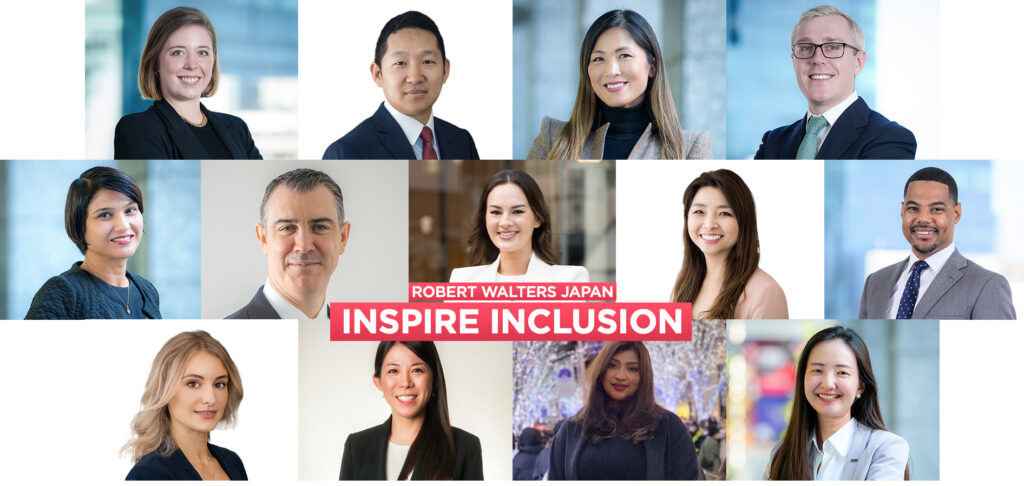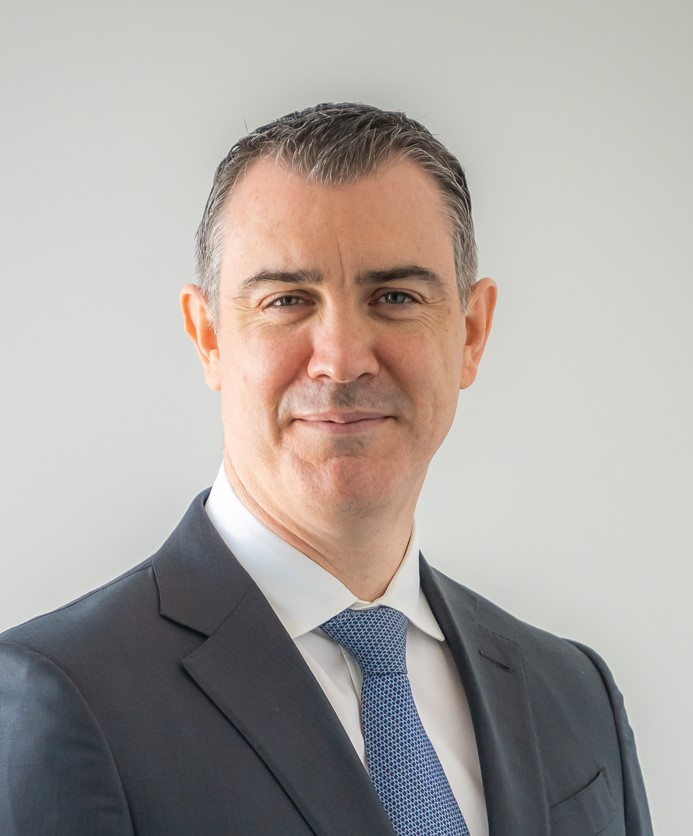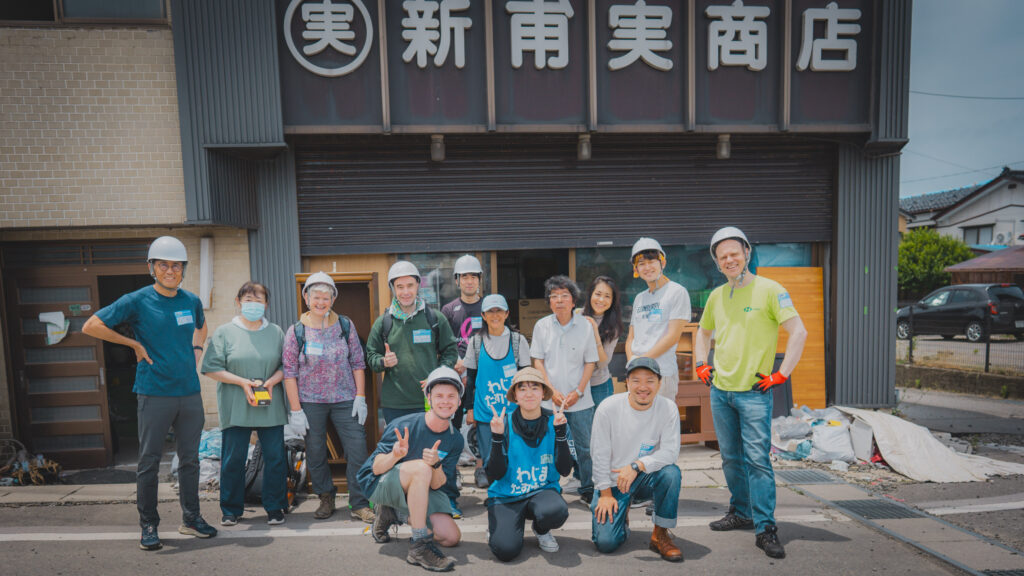Member? Please login
Robert Walters Japan ‘Inspire Inclusion’

Written by BCCJ
March 8, 2024
Community and Business, Member News
International Women’s Day (IWD) is a global celebration of the social, economic, cultural, and political achievements of women. Each year, this day serves as a powerful reminder of the progress made towards gender equality and highlights the work that still needs to be done.
This year, the BCCJ asked the Robert Walters Japan team what this year’s IWD theme, ‘Inspire Inclusion’ means to them, and what men can do to support the equal advancement of women in and out of the workplace.
What does ‘Inspiring Inclusion’ mean to you and why is it important?

Michael Thompson
| Senior Manager, Tech & Transformation, Tokyo
‘Inspiring inclusion’ means actively building a work environment where all team members feel valued, respected & supported. This involves recognizing and appreciating the diverse perspectives and skills each individual brings to the team and the positive impact that can have on delivering positive outcomes for our customers. As a leader, you play a powerful role in setting the tone and leading your people in a way that fosters the right environment. This plays a critical role in unleashing the potential of your people and can deliver outsized results for your end customers if you get it right.

Anastasia Buzanova
| Consultant, Sales & Marketing Online, Tokyo
Purposefully creating an environment that appreciates, embraces, and celebrates diversity in all its facets. It is about creating spaces where people feel not only accepted but valued for their unique qualities. This idea goes beyond simple tolerance, it’s about understanding that every person has a role to play, just like a puzzle piece, regardless of their shape or colour. Inclusion sparks creativity, improves problem-solving, and encourages a vibrant exchange of ideas.

Indu Rana
| Manager, Tech Consulting, Tokyo
Having worked on reporting lines spanning multiple countries in global organisations has helped me gain insight into what both inclusive and non-inclusive business dynamics. Inclusion, to me, transcends diversity, it means to have inclusion on all fronts.
I feel empowered to see how inclusivity at Robert Walters in our current team in Tokyo has evolved to include employees from more than 40 nationalities. It’s truly inspiring to work in a place where we can celebrate and get to know each other’s backgrounds and cultures where we can come together to celebrate occasions like Chinese New Year, Eid, Diwali, fostering a sense of unity and belonging for all.

JoVaun Moody
| Senior Manager, Medical, Tokyo
To inspire inclusion is to just be yourself and be proud of it. Sometimes being who you are is very inspiring because in a setting where everyone acts the same, people who are noticeably comfortable with themself, stand out. Being honest with yourself is the only way to reach your full potential.

Yoshimi Arnold
| HR Director, North East Asia
It means that we support everyone to be the best version of themselves. Without feeling safe, a sense of belonging or having a trusted environment, people may not be able to perform at their best. And this is something everyone can take ownership of regardless of their role, gender, etc., so every individual’s action or behaviour creates an environment where people can thrive.

Subah Ali
| Sales & Marketing Contract, Tokyo
For me, inspiring inclusion means fostering a safe space for people. Creating an environment where everyone feels valued, respected, and empowered regardless of their background, identity, or orientation. As a woman of colour who is working in Japan, when I see other women, especially those who look like me, excelling in their careers – it inspires me to work hard and believe in myself. This is critical if we want to build a future because true progress and innovation stem from embracing different perspectives and experiences. By promoting inclusivity, we not only cultivate a sense of belonging and unity but also unlock the full potential of our communities.
How can men actively participate in promoting inclusion and supporting the advancement of women in both professional and personal settings?

Yuni Hong
| Associate Director, Sales & Marketing, Tokyo
Encouraging men to actively participate starts in their home life, which then permeates into their work life. Traditionally in Japan, women tend to speak up less and take less credit. So, in situations where they are not speaking up, men can proactively give credit to women and promote their achievements. It is great to see men helping women outside of work and contributing at home as well. If more men continue to take on additional responsibilities at home, alongside their work, I believe this could be key to helping women thrive in their careers.

Andréanne Parent
| Manager, Supply Chain B2C, Tokyo
Leaders need to actually lead by example. When I first joined, my former boss at the time took just a short amount of paternity leave so our team used to give him a hard time that he should be there for his wife and kids more. When it came for him to take a second round of paternity leave for his second child, he took two months off, and it was much more impactful and inspiring for us to see that is still possible to work in a position of power while embracing father-hood.

Mayu Isoi
| Director, Legal, Human Resources & Support,
Tokyo
It’s very important for men to recognise that many women naturally lack confidence and should encourage and give them that push they need to advance into more senior roles when they are ready. Some male managers may miss ‘management potential’ in women in their team to become future leaders, who can be even stronger than their male counterparts, just because they are not showing off about it. Male managers might also benefit from joining company female manager catchup events (at Robert Walters any manager is welcome) where they have the chance to hear women’s personal stories to help understand their difficulties and challenges better.

Clive O’Brien
| Senior Director, Commerce, Tokyo
Fathers in senior positions within the company should act as role models and should be encouraged to access parental leave provisions and flexible work options. When employees at all levels of the organisation witness senior managers taking parental leave, they are more likely to be comfortable requesting the leave themselves.
We should offer career progression based on work performance to everyone regardless of gender or family situation to create a truly inclusive workplace.
We also know that women need sponsors in management who support their careers. It is well-known that women don’t always raise their hands when a challenging opportunity arises. But we can connect that to a lack of confidence due to a lack of management support and encouragement.

Akimasa Kataoka
| Director, Osaka
From a professional side, men should proactively champion diverse hiring practices to eliminate unconscious bias in recruitment processes and cultivate an inclusive organizational culture by establishing a platform dedicated to fostering emotional and psychological safety for all employees.
By taking a leadership role in education and challenging gender stereotypes, while celebrating and embracing individual differences they should demonstrate commitment by actively listening to diverse perspectives and incorporating them into decision-making processes.
On a personal side, men should challenge traditional household expectations and take on more equitable responsibilities in the home.

Carrie Ann Iwate
| Manager, Sales & Marketing, Osaka
Women empowerment is a continuous process that involves addressing social, economic, and political inequalities that women face, and men need to do their part, too. It aims to create a society where women are treated as equals and have the freedom to make choices, pursue their dreams, and reach their full potential.
The active process of creating a society where all women, regardless of their background, identity, or experiences, can be achieved through various means such as promoting economic opportunities for women, entrepreneurship etc. It is important to recognize that women empowerment is a collective effort that involves individuals, communities, organizations, and governments.

Kerri Chen
| Senior Manager, Energy & Infrastructure
Tokyo
All change starts with awareness first. It is common for men to fail to understand the situation and issues women face in professional and personal settings such as gender bias, work-life balance, etc. The first step is to educate themselves, share information and cultivate a culture emphasizing well-being by eliminating preconceptions about the role that specific gender should play in housework and child-rearing. Being an active ally in the workplace to support women’s career advancement and advocate for policies that promote work-life balance and equal opportunities are also essential steps forward. “In the future, there will be no female leaders. There will just be leaders”.






